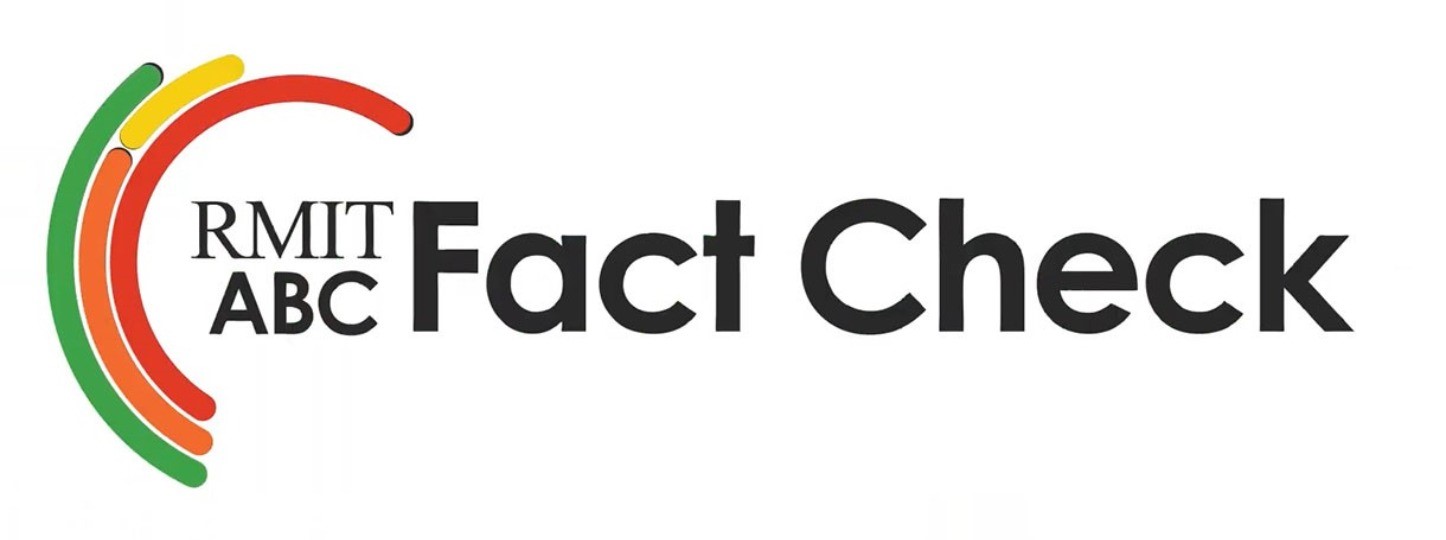
The collection making it easier to check the facts
More than 400 fact checks published by RMIT ABC Fact Check are available for the first time as a searchable archive.
The new collection is a collaboration between the Analysis & Policy Observatory (APO) and RMIT ABC Fact Check to build an archive of fact checks published since 2013.
RMIT ABC Fact Check Director Russell Skelton said this was a significant milestone for the award-winning Fact Check team.
“For years our team has produced timely, relevant fact checks that live brightly in the moment but are often lost in time,” he said.
“Having a highly searchable archive that can be easily accessed ensures our research now lives well beyond the news cycle.”
Skelton said their fundamental objective was to inform public policy and debate by scrutinising the accuracy of claims made by those seeking to influence it.
False claims and misinformation have always existed, but advances in technology now allow rumours, inaccurate information and manipulated photos and videos to spread quickly and widely.
Never has this been more evident than during the COVID-19 pandemic, with false claims about the virus, how it spreads and how it can be cured saturating social media.
With research showing that people are finding it increasingly difficult to identify trustworthy information, this new collection will provide a searchable repository for fact checks, providing researchers, students, media, industry, government and the general public with accurate and reliable information about claims made by public figures.
“Facts will now be more accessible than ever via the APO archive, providing visibility into past claims on the big issues,” Skelton said.
APO Director Associate Professor Brigid van Wanrooy said she was delighted to be hosting the RMIT ABC Fact Check collection.
“It provides our users with well-researched clarity on contemporary public policy issues," she said.
The APO has been supporting evidence-informed decision-making since 2002, by providing open access to a wide range of policy and research resources.
The new public resource is part of a Linkage, Infrastructure, Equipment and Facilities (LIEF) grant funded by the Australian Research Council (ARC) and advised by RMIT Professor Julian Thomas.
Thomas said the LIEF grant was designed to improve the accessibility and usefulness of the evidence-based research needed to make better decisions in public policy and other domains.
“It supports work on connecting databases and other online resources so that they can be used more intensively by researchers working in different disciplines and fields,” he said.
“RMIT researchers have worked with the APO over a number of years to help improve the accessibility, usability and quality of a wide range of online resources, from large datasets to public policy reports.”
Skelton said the project was made possible thanks to the enthusiastic backing of Professor Thomas, the outstanding work of the APO in building the portal, the committed Fact Check team and project lead, RMT ABC Fact Check Chief of Staff Sushi Das.
The live APO collection will continue to be updated as new fact checks are published.
For media enquiries, please contact RMIT Communications: 0439 704 077 or news@rmit.edu.au
Acknowledgement of Country
RMIT University acknowledges the people of the Woi wurrung and Boon wurrung language groups of the eastern Kulin Nation on whose unceded lands we conduct the business of the University. RMIT University respectfully acknowledges their Ancestors and Elders, past and present. RMIT also acknowledges the Traditional Custodians and their Ancestors of the lands and waters across Australia where we conduct our business - Artwork 'Sentient' by Hollie Johnson, Gunaikurnai and Monero Ngarigo.